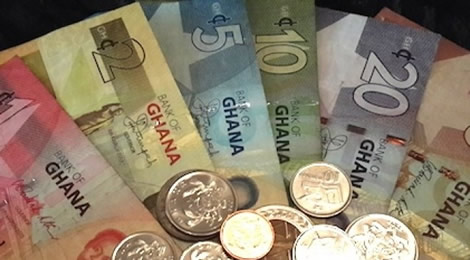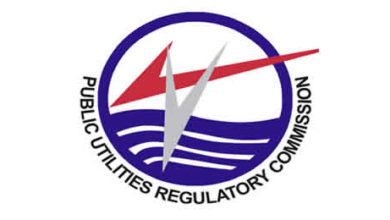Article: Time to buy? Is the cedi currently undervalued?

JPMorgan‘s Emerging Markets Strategy Division published an insightful piece of research late last week, telling investors that the Ghanaian cedi, which has been under tremendous pressure lately, is a woefully undervalued currency and, therefore, attractive.
The report, targeted at JPMorgan’s institutional investor base, saw the spot price for the cedi strengthen to 13.25/14.75 in response.
However, those gains have since been eroded by continued speculation and panic buying of dollars, which means there is still an opportunity for the astute investor to make a decent return.
Undervaluation
The JPMorgan analysis essentially points to the cedi being undervalued by as much as over 15% when it was trading at about GHC14.875 to the dollar, making it attractive to the astute investor.
JPMorgan also graded the cedi among the top three emerging-market currencies and as positive in terms of its net risk-reward outlook, making it ordinarily attractive to investors.
The confirmation by JPMorgan that the cedi is undervalued highlights the point that the current depreciation is driven more by panic buying of dollars, which is primarily driven by speculators creating an environment of fear and panic.
As with all market distortions, driven by speculation and speculators, analysts expect the market to correct itself and for the cedi to recover its value as real-value investors take advantage of this current market distortion to buy cedis on the cheap, thereby increasing demand for cedis, which should help strengthen the cedi and reverse the current trend.
JPMorgan also noted that the current account is only marginally wider, meaning that the increased level of outflows is primarily through the financial account and, more specifically, “other investments”, which constitutes transfers by Ghanaians to pay for goods and services abroad, such as medical services or school fees, either via a bank transfer for large amounts and/or via credit card for retail purchases.
This increase in activity and transfers through the other investment account are most likely panic-driven as Ghanaians with obligations abroad look to prepay these obligations because of concerns that the cedi may depreciate further, making it more expensive to buy dollars in the future to pay for these dollar- denominated external obligations.
Back in the black
So, what does this mean to the average person? Well, let’s just say that the astute investor today will take advantage of the undervaluation of the cedi to sell dollars and buy cedis at these cheap prices, and will then use the cedi proceeds to buy treasury bills.
For example, if I had US$1,000 today, I would sell it at, say, the current exchange rate of 15/1. I would then buy a 90-day T-bill with the GHC15,000 and earn interest of 30%-plus on the GHC15,000 (that would be approximately GHC1,125 in interest income). So, at the end of 90 days, I would have GHC16,125 or $1,236 (that is, if the cedi strengthens by at least 15%, as implied by JPM).
As such, based on my initial $1,000, I would have made a return of 23.6% in 90 days, or an annualised return of over 90%.
“Given portfolio holdings of non-residents are only down 28% in local currency terms (57% in US dollar terms; US$2.1 billion in September vs US$4.8 billion in January), we believe most of the FX drain can be linked to accumulation of offshore financial assets by locals.
“Ghana now screens as attractive, based on our risk-reward and FX valuation frameworks, but we remain on the sidelines as a distorted FX market makes it difficult to express strategy views,” the JPMorgan research reads.
“Our net risk-reward scorecard has now shifted into positive territory (see EM Frontier Local Markets Compass, September edition).
“After a bout of outflows and cheapening in valuations over recent months, the technical backdrop for frontier local markets has improved. This has seen our net risk-reward score card turn back into positive territory.
“The top three ranked countries in the scorecard are UAH, GHC and KZT. The improved ranking for GHC is driven mainly by increased carry and real carry as well as favourable FX valuation.
“We now estimate the cedi to be over 15% undervalued. That said, even if a BoG [Bank of Ghana] course reversal on the FX purchase policy leads to a temporary reprieve, we expect USD/GHC to continue to trend weaken towards 15.5 by mid-2023. We remain on the sidelines due to the distortion of the FX market,” the analysis further said.
JPMorgan Chase & Co is an American multinational investment bank and financial services holding company, noted for offering solutions to the world’s most important corporations, governments and institutions in more than 100 countries.





